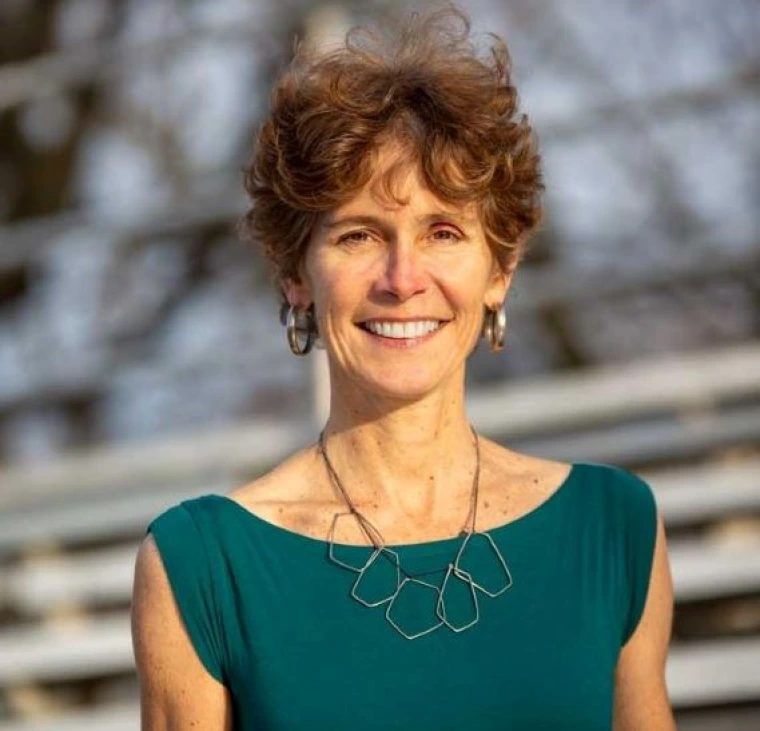Liz Miller

Elizabeth (Liz) Miller is a documentary maker and professor who uses collaboration and interactivity as a way to connect personal stories to larger timely social issues. Her films/educational campaigns on timely issues such as climate resilience (The Shore Line), (SwampScapes), refugee rights (Mapping Memories), gender rights (En la Casa), gender & environmental justice (Hands On) and water privatization (The Water Front) have won international awards, been integrated into educational curricula and influenced decision makers. Years of experience in community media and a background in political economics, electronic media art, and Latin American studies fuel her ongoing explorations of new media as art, advocacy, and as a catalyst for critical pedagogies. Her co-authored book with Steven High and Ted Little, Going Public: The Art of Participatory Practice (2017) is accompanied by a website profiling the work of 29 socially engaged practitioners exploring the political, aesthetic and performative dimensions of their work. She has published articles and book chapters on collaborative and interactive documentaries as social change interventions including “Choreographies of Collaboration: Social Engagement in Interactive Documentaries” (2016), Studies in Documentary Film. Liz is a Full Professor in Communications Studies at Concordia University in Montreal where she teaches courses in media production, the politics of food and film, media and the environment, and methods in research-creation. Miller has partnered with international organizations including Witness (USA), The International Association of Women in Radio and Television, and UNESCO to offer workshops in water journalism, media production, digital storytelling, and media advocacy. Liz has served on the board of the International Association of Women in Radio and Television for years as well as Cinema Politica, the largest non-commercial community and campus-based documentary screening network in the world.

